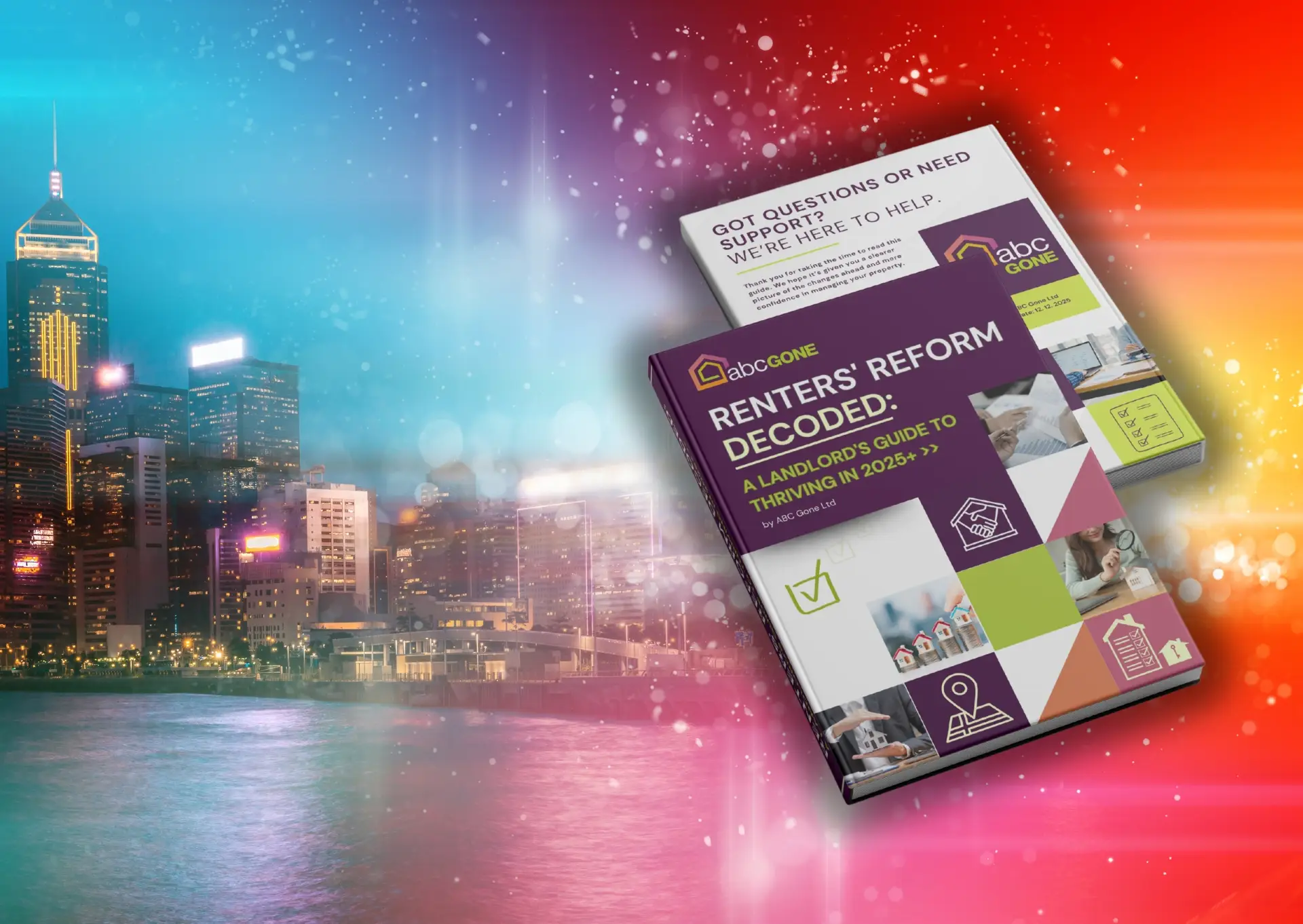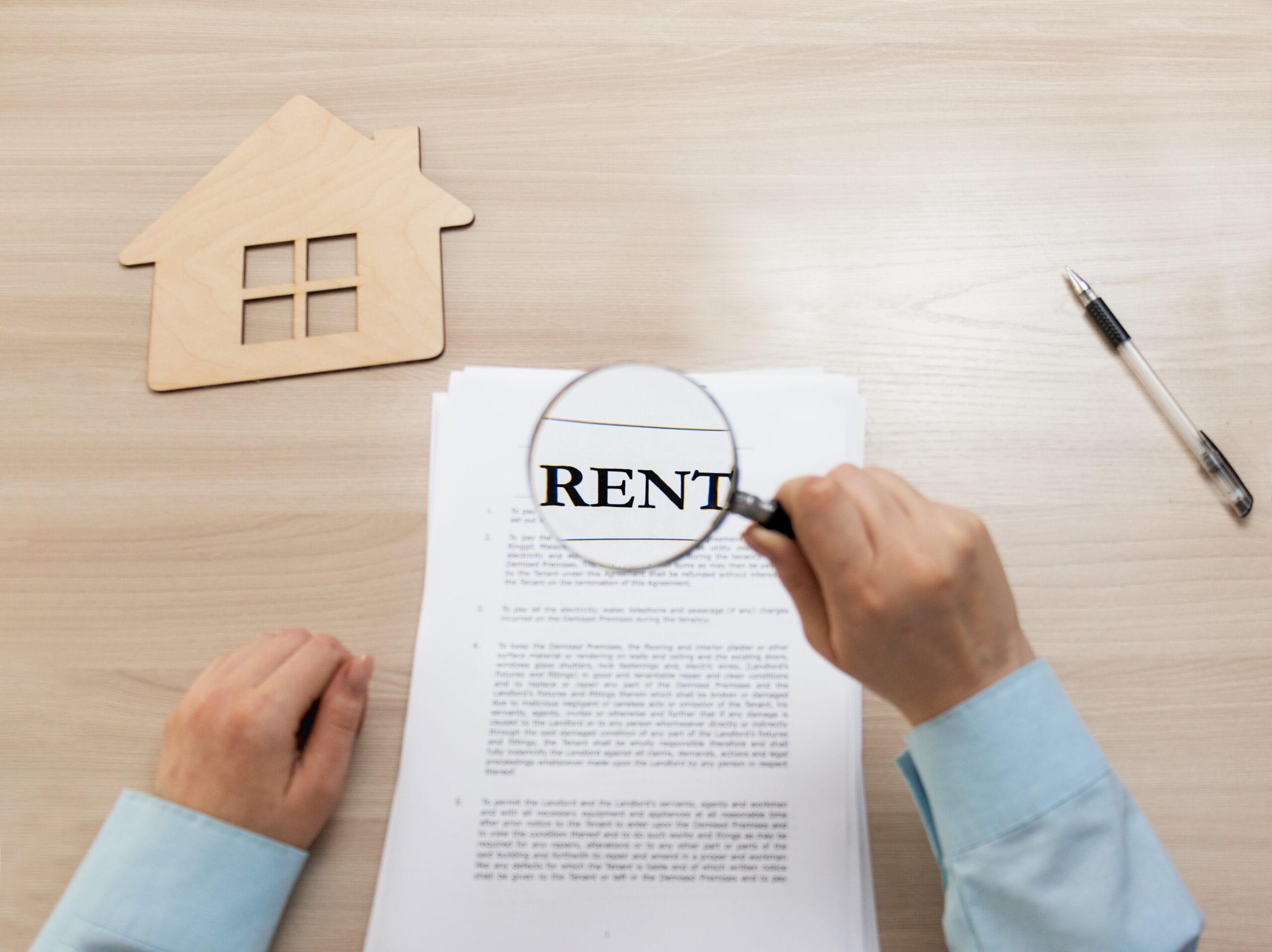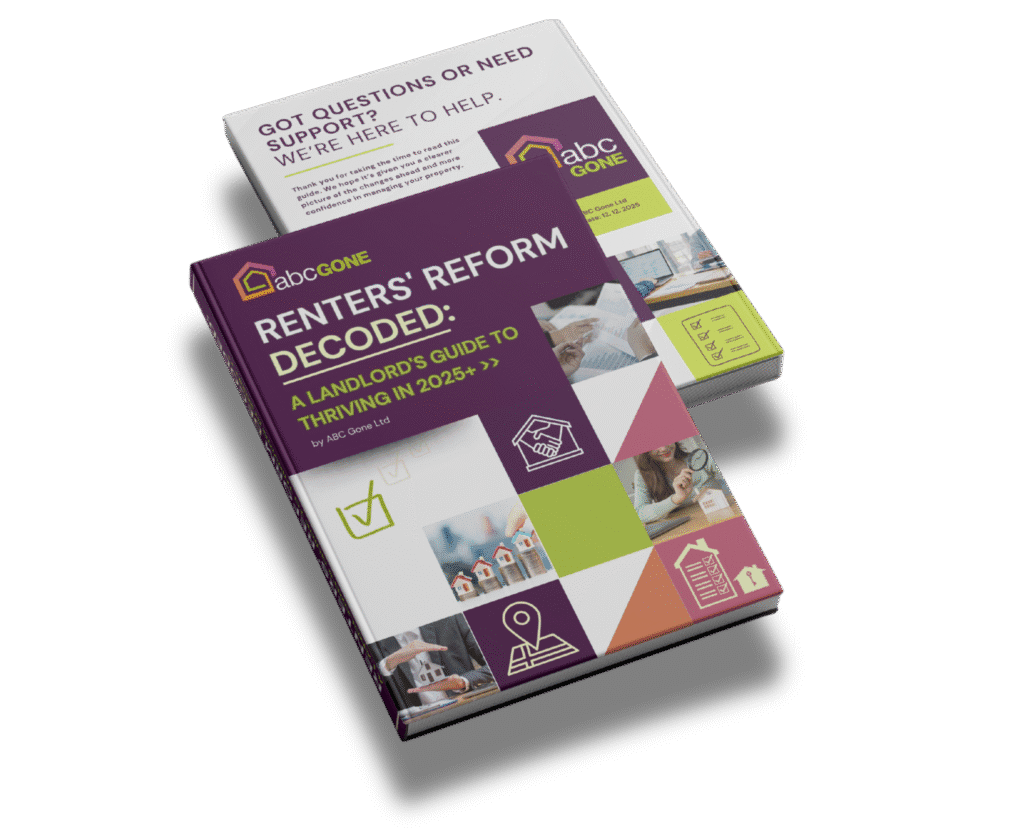When tenants vacate a property, it’s not unheard of for them to leave landlords with a not so nice surprise – an unpaid utility or council tax bill, for example. If you’re a landlord renting out property in Romford, Hornchurch, Dagenham, Rainham, Upminster – or beyond – you should consider the issue of a previous tenant’s unpaid council tax, and how it might affect you.
We look at when landlords are – and are not – responsible for council tax and how to protect yourself from an unexpected bill.
What is council tax?
All residents of domestic properties in the UK pay council tax to their local authority. The amount of council tax you pay is set in March and is usually billed in 10 instalments over the year. It is used to pay for local services such as social care, rubbish collection, schools and roadworks.
Council tax was introduced more than 30 years ago. How much you pay is based on what the home was worth when properties were valued in 1991.
Pressure on council finances is currently intense and non-payment will be chased up by hard-pressed local authorities.
Who is responsible for council tax in rental property?
Council tax must be paid for all residential properties occupied by people over the age of 18. In most cases the person occupying in the property is liable for the tax, which means it usually falls to the tenant, not the landlord.
Single household occupancy
If you have rented the property to a single household i.e. a single person, family or to two unrelated tenants, they are responsible for council tax. Bills will come to the tenants who should pay them without you needing to be involved. However, you should let the council know that the tenants have moved in.
Houses in multiple occupation
Houses in multiple occupation (HMOs) are properties where three or more unrelated tenants live in a property, sharing kitchens and living areas. As it may be difficult to pinpoint which tenant is responsible for collecting payments, landlords of HMOs usually pay the council tax on the property adding the amount to the rent due.
Short term tenancies
Landlords are usually responsible for paying council tax where tenants are renting the home for a short-term period of six months or less.
When are landlords responsible for paying council tax?
If your property is unoccupied for any length of time, you as the landlord are responsible for the council tax during this void period. It is important to check the rules with your local authority. While some offer council tax discounts for empty properties, others charge more in an effort to discourage landlords from having homes that are standing empty. Propeties which are empty for more than two years, usually attract a higher rate.
Is the owner liable for council tax if the tenant doesn’t pay?
If your tenant occupies the property, and it isn’t an HMO, they are liable for the charge. If your tenant doesn’t pay their council tax, the council will send out reminders. The tenant may also lose the right to pay in instalments, meaning whole year’s bill will also become due. If the tenant doesn’t pay up, the council will try to reclaim the money using a bailiff or through an attachment of earnings.
Can local authorities chase landlords for tenants’ unpaid council tax?
In some cases, the council may approach the landlord for the debt. This may be the result of an error; because the landlord failed to tell the council the name of the tenant living at the property or because the tenant has moved out and can’t be traced.
What to do when you’re wrongly charged for tenant council tax
If you receive a council tax bill that should be paid by your tenant, contact the council as soon as possible. If the tenant has moved on, let them know the forwarding address and how long the tenant lived at the property.
How can landlords make sure they aren’t liable for council tax?
Although the tenant occupying the property is normally responsible for paying council tax, you should make this clear by including it as a clause in the tenancy agreement.
Always contact the council when a tenant moves in to confirm who will live the property. When they move out, inform the council of this too, along with their forwarding address.
If you wrongly receive a bill for council tax, contact the council immediately so the issue can be dealt with as soon as possible.
If you’re a landlord renting out property in Harold Wood, Basildon, Thurrock, Colchester, Chelmsford, Harlow, Southend on Sea and Essex or beyond – speak to ABC Gone. we can help you manage tricky issues like who is liable for council tax. Contact us about our services for landlords.





